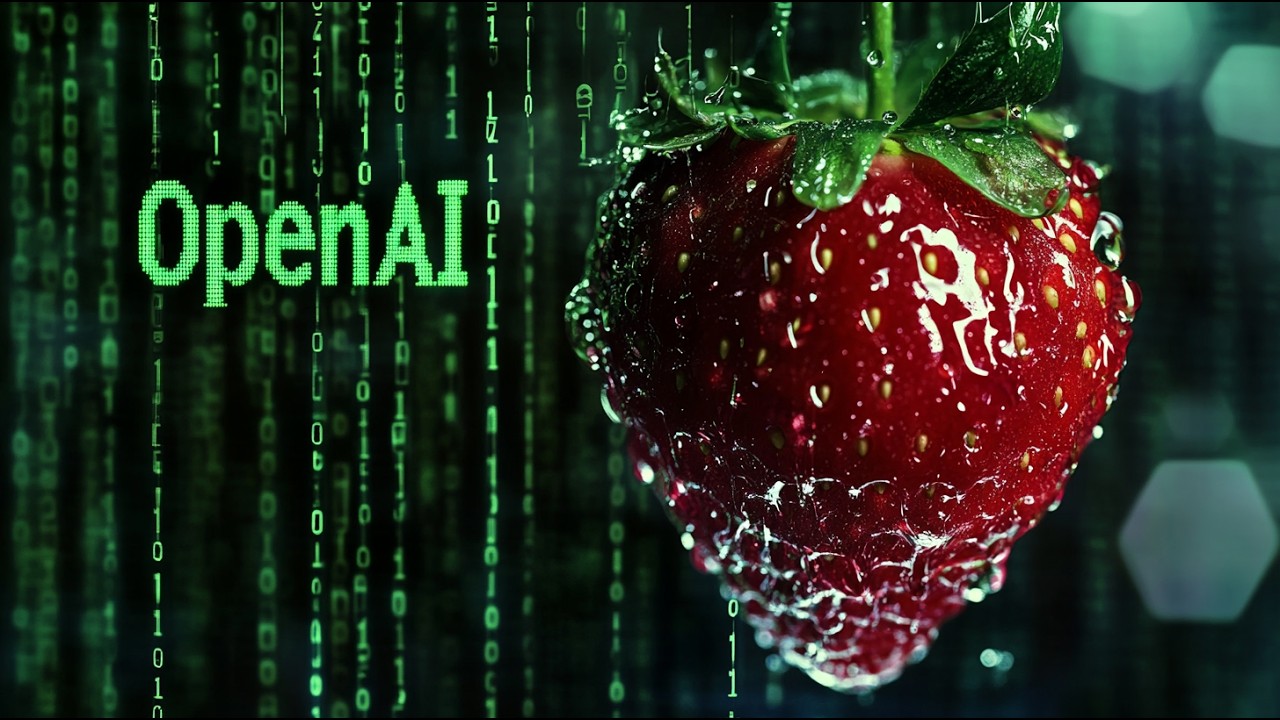In the video, the speaker explores how OpenAI’s “Strawberry” project may function, particularly in generating synthetic data and solving complex math problems, emphasizing the role of latent space activation in connecting knowledge. They propose a framework involving three models—an expert, an interrogator, and a grader—that collaboratively refine information, suggesting that this approach could lead to a comprehensive knowledge base for future AI iterations.
In the video, the speaker discusses their insights into how OpenAI’s “Strawberry” project may function, particularly in relation to generating synthetic data and solving complex math problems. They mention that Strawberry has garnered attention for its potential capabilities, including the ability to tackle intricate mathematical challenges. The speaker emphasizes their expertise in synthetic data, having worked on it for over two years, and shares their experiences using GPT-3 to create synthetic datasets for fine-tuning machine learning models.
The concept of “latent space activation” is introduced, which the speaker explains as a process similar to how humans connect knowledge during conversations. They describe how large language models (LLMs) can access embedded knowledge within vast datasets, allowing them to generate coherent and comprehensive responses. The speaker draws parallels between this process and human cognition, highlighting how LLMs can crystallize knowledge when prompted effectively.
The speaker outlines a hypothetical framework for how Strawberry might operate, involving three distinct models: an expert model that generates information, an interrogator model that extracts and clarifies knowledge, and a grader model that evaluates the quality of the output. This iterative process allows for a recursive exploration of topics, enabling the models to delve deeper into subjects and synthesize information effectively. The speaker illustrates this with an example of querying the models about physics, demonstrating how they can unpack complex topics through a structured dialogue.
Additionally, the speaker discusses the importance of curating high-quality synthetic data for training models. They explain that by grading the generated samples and discarding lower-quality outputs, the models can refine their datasets to ensure the highest quality information is retained. This process is likened to creating a comprehensive textbook that encapsulates human knowledge, with the potential for multiple models to collaborate in generating and refining content.
In conclusion, the speaker speculates that OpenAI may be employing similar methodologies to train future iterations of their models, such as GPT-5 or GPT-6. They express excitement about the possibilities of using latent space activation and synthetic data generation to create a unified knowledge base. However, they acknowledge uncertainty regarding how mathematical problems are addressed within this framework, suggesting that further exploration may be needed to fully understand that aspect. Overall, the video presents a thoughtful analysis of the potential mechanisms behind OpenAI’s Strawberry project and its implications for the future of AI.
